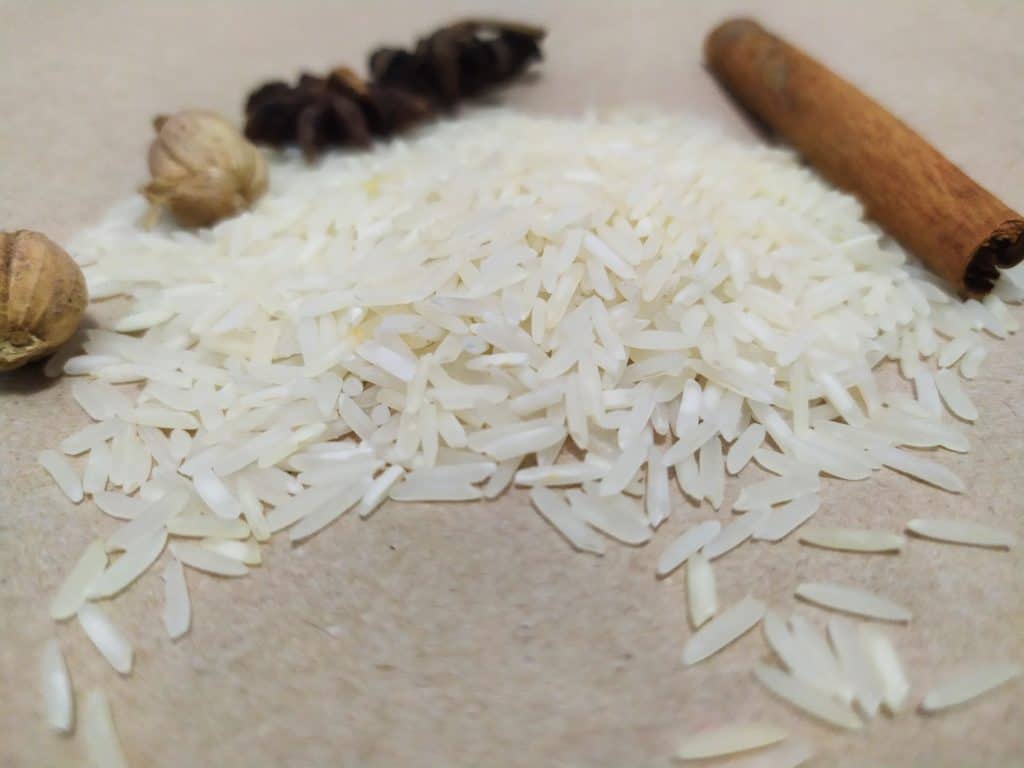Basmati exporters of India are reaping profits owing to increased demand. Basmati rate up by nearly 20% due to surge in demand.
Increase in Basmati price
The increased demand comes as several countries have started keeping buffer stocks of the crop owing to uncertainties. The demand from Iraq and Saudi Arabia has compensated for the less Basmati exports to Iran this year. Likewise, increased demand from the USA and European countries has led to an increase in prices. The price of a single container of 20 tonnes basmati has increased from Rs 10 to 11 lakh to Rs. 12-13 lakh post the lockdown. While the cost of 1401 Pusa basmati has risen by Rs 8 per kg, 1121 steam rice price increased by Rs 4 per kg.

Shortage of Labor Making Completion of Export Order Difficult
Arvinder Pal Singh, president of PRMEA (Punjab Rice Millers Exporters Association), said that they are receiving several new orders. However, exporters are struggling to meet even the old ones due to a shortage of labour. The completion of an export order requires workers for emptying the containers, which brings imported items. Also, work is necessary for unloading the export material from the trucks which carry equipment to the ports from various states. However, due to the coronavirus outbreak, a large number of labourers have returned to their home states, resulting in shortage. Ashok Sethi, Director, PRMEA said that there was no shortage of labour even during the lockdown period. However, the facility of Special Shramik trains in May brought down the strength of labourers.
Former president of the All India Rice Exporters Association, Vijay Setia said that the country exports around 44 lakh tonnes of Basmati annually. Further, he added that though 70 to 75% of labour has returned, the export is a bit slow. Punjab and Haryana together make around 80% of the total basmati exports, Punjab’s share being 20 lakh tonnes per year. This year, Punjab has fixed a target of bringing about 7-Lakh hectares under Basmati crop against 6.29 lakh hectares last year.
In all, farmers and exporters will benefit from the surging demand.